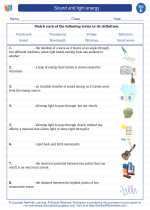Seed: Explanation and Study Guide
A seed is the small, embryonic plant enclosed in a covering called the seed coat, usually with some stored food. It is the product of the ripened ovule of gymnosperm and angiosperm plants which occurs after fertilization and some growth within the mother plant. Seeds are the primary way that flowering plants reproduce and are essential for the continuation of plant species.
Parts of a Seed
- Seed Coat: The protective outer covering of a seed.
- Embryo: The young multicellular organism before it emerges from the seed.
- Endosperm: A tissue in the seed of flowering plants that supplies nourishment to the developing embryo.
- Cotyledon: The primary source of stored food in the seed, which may become the first leaves of the seedling.
Seed Germination
When a seed germinates, the embryo begins to grow and push out of the seed coat. The process of germination involves the uptake of water, activation of enzymes, and growth of the embryo. Factors such as water, oxygen, and suitable temperature are essential for successful germination.
Seed Dispersal
Plants have evolved various mechanisms for seed dispersal, including wind dispersal, animal dispersal, and self-dispersal. This helps the seeds to spread and grow in new areas, reducing competition among the offspring and increasing the chances of survival.
Study Guide
Here are some key points to remember about seeds:
- Describe the structure of a seed, including its parts and their functions.
- Explain the process of seed germination and the factors necessary for successful germination.
- Discuss the different methods of seed dispersal and provide examples of plants that use each method.
- Examine the importance of seeds in the life cycle of plants and the role of seeds in maintaining plant diversity.
Understanding the concept of seeds is crucial for comprehending plant reproduction and the importance of seeds in the natural world.
.◂Science Worksheets and Study Guides Fifth Grade. Sound and light energy
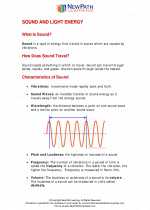
 Activity Lesson
Activity Lesson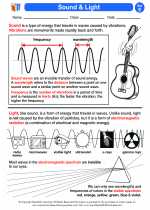
 Worksheet/Answer key
Worksheet/Answer key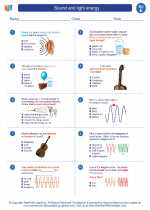
 Worksheet/Answer key
Worksheet/Answer key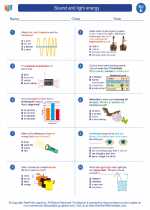
 Worksheet/Answer key
Worksheet/Answer key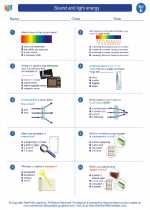
 Worksheet/Answer key
Worksheet/Answer key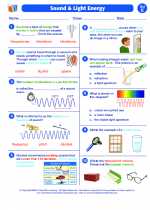
 Vocabulary/Answer key
Vocabulary/Answer key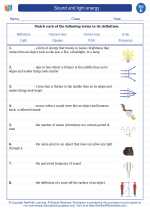
 Vocabulary/Answer key
Vocabulary/Answer key